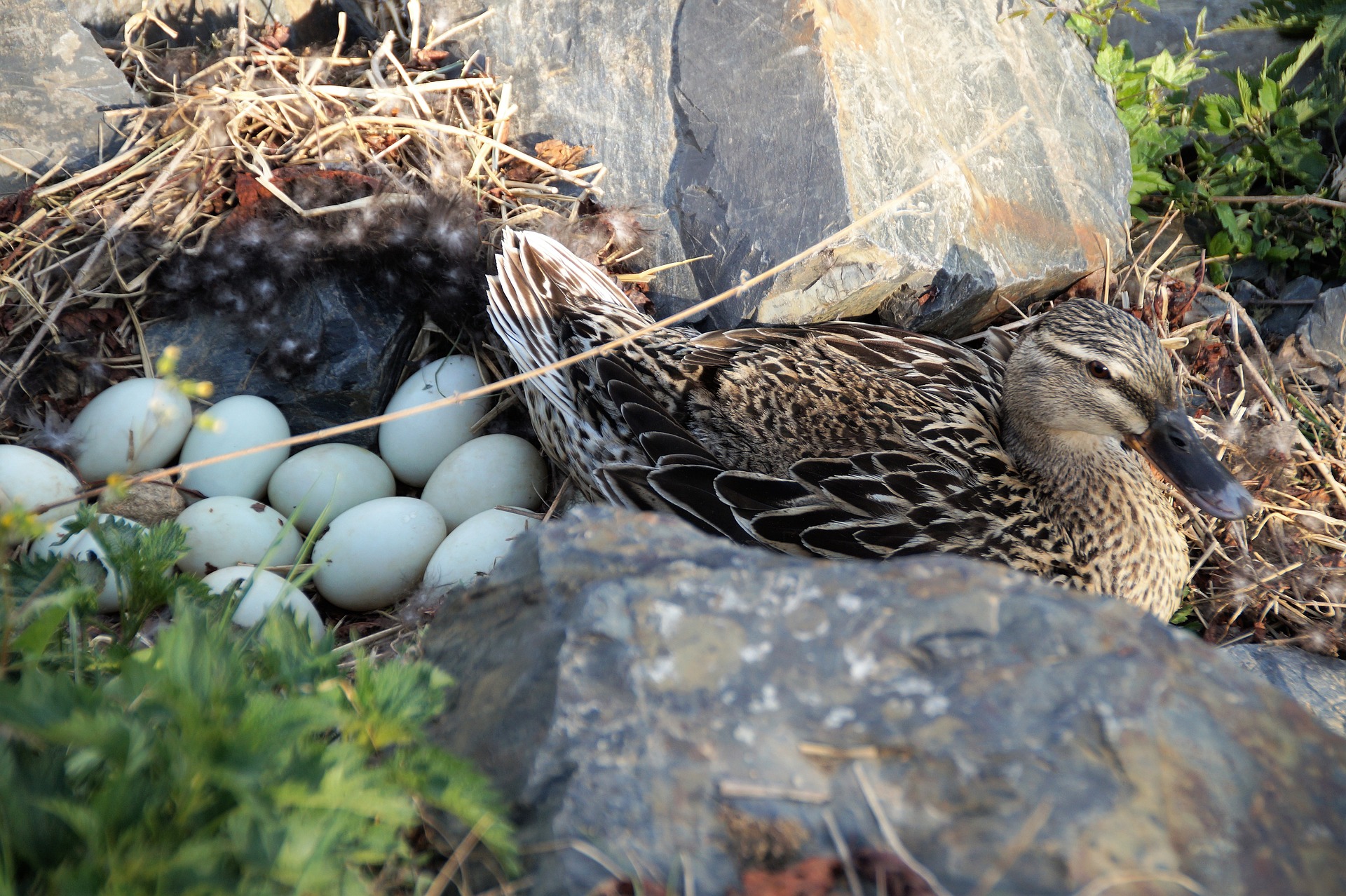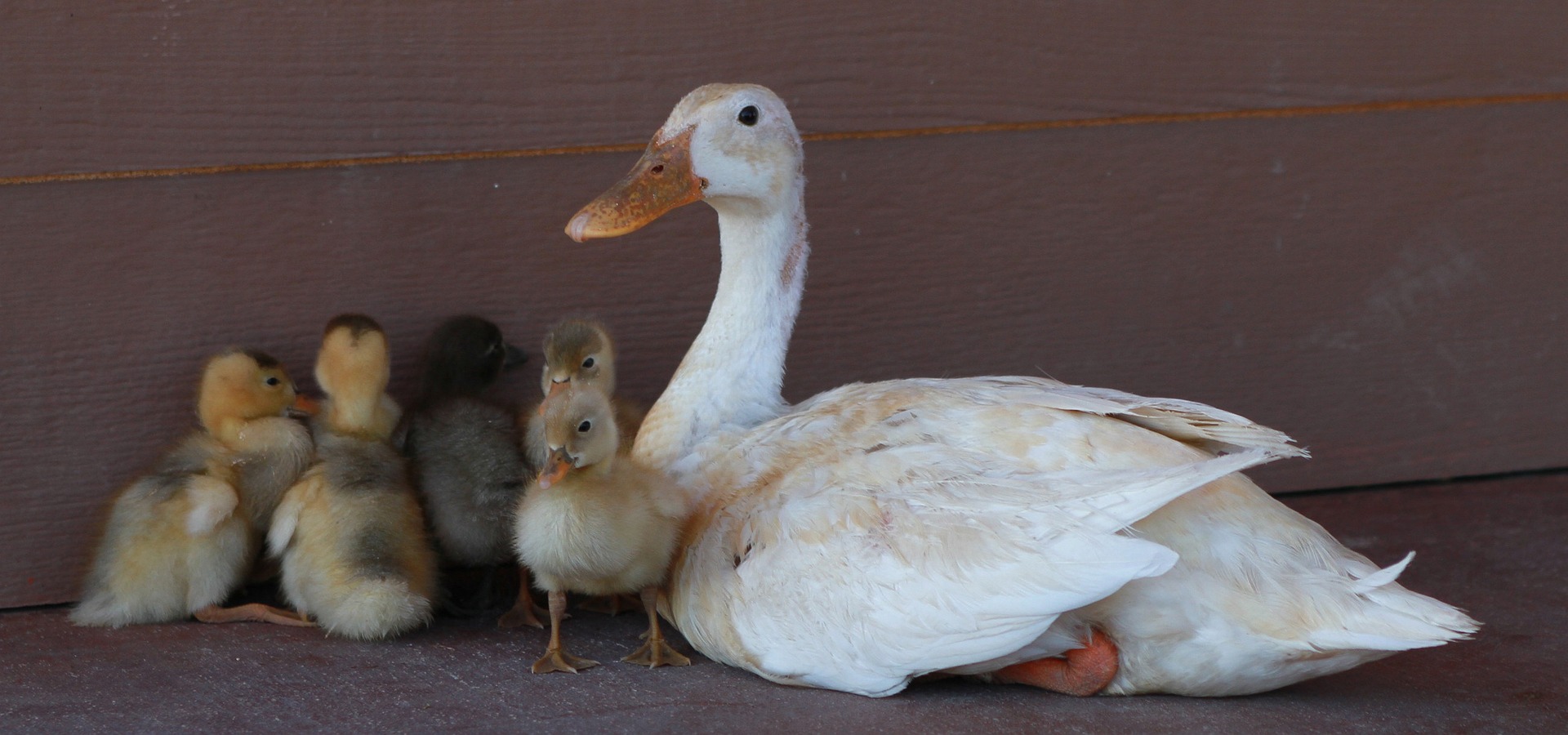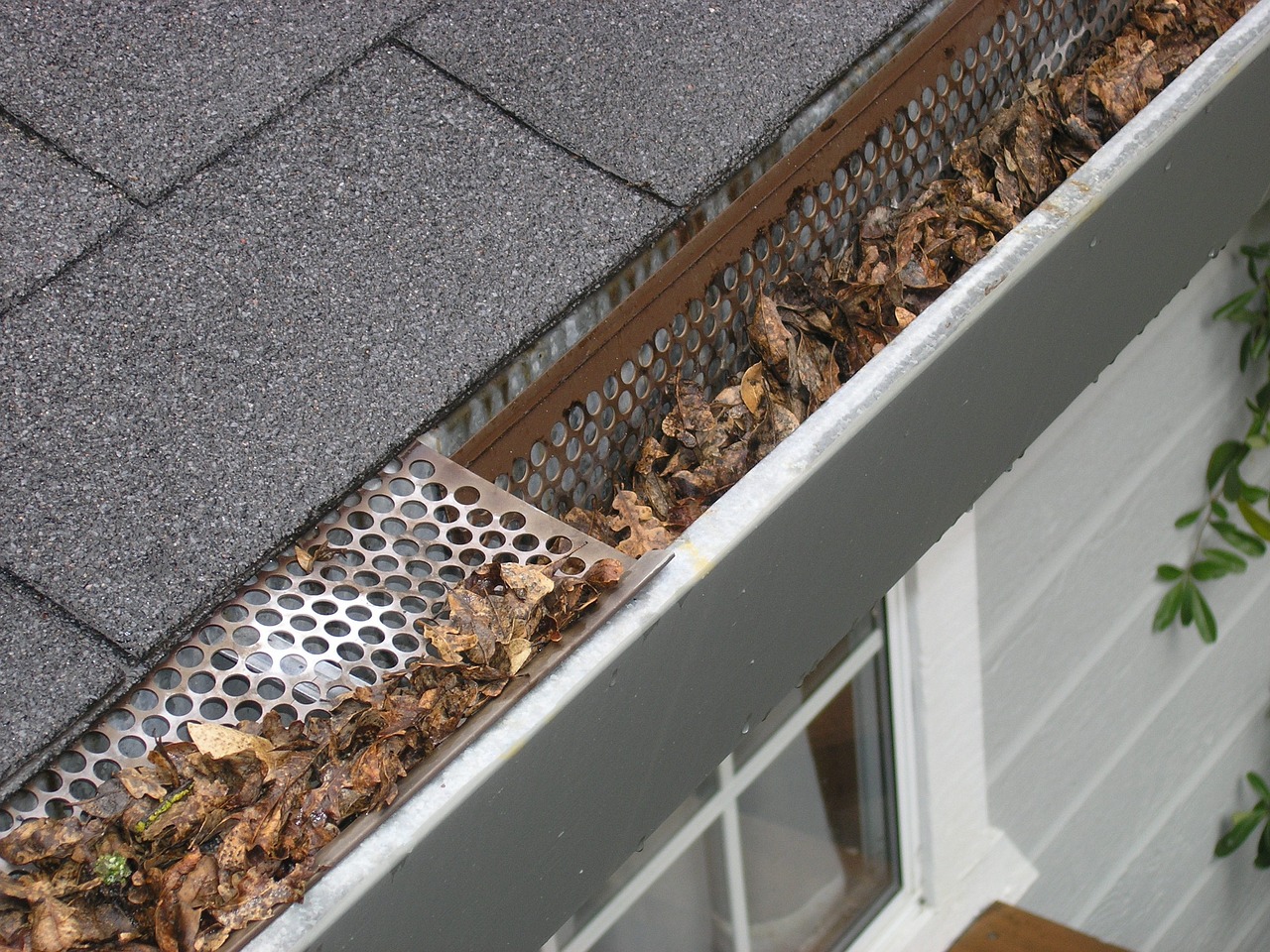In most cities, homeowners are allowed to keep ducks and chickens in their backyard. They are a wonderful way to reconnect with our food ecosystem and, when we can influence where our food comes from, it’s empowering on many levels. By controlling the egg laying process through organic feed and humane treatment we’re doing something for ourselves, as well.
As an alternative to chickens, some people enjoy raising ducks. There are many advantages to keeping ducks, For example, they lay for much longer – up to five years depending on the breed. They’re also hardier than chickens and less susceptible to disease so they’re easier to care for.
Duck eggs are generally larger, more delicious, and less likely to cause allergic reactions in people who are sensitive to eggs. Ducks also lay more eggs for longer – up to five years – so the return on investment is higher.
Some ducks are better for egg laying, and others are popular for their meat. For egg production, purchase only female ducklings. To raise a flock, add one male duck for every 6 to 9 females.
Backyard ducks will need housing, clean food, and water, and access to water. A proper duck house will provide security from predators, shade from the sun, and good ventilation. It should be insulated for the winter months. The duck dwelling should be raised above ground level so that it is dry during wet periods. Like chickens, ducks use nesting boxes filled with soft bedding.
Ducks will forge in a backyard lawn for greens and insects but they will also need a protein rich feed in order to produce quality eggs. Supplement their diet with grit, so their gizzards can process food. They love fruits and vegetables, especially ones that are easy to eat such as watermelon.
Ducks are traditionally found near water, because they love to swim and bathe. A backyard flock will need a source of water, such as a children’s, waiting pool, or a small pond. Note, this should be separate from their drinking water as they will soil the pond. (If you’d like to garden, duck manure can be used straight away without the need for it to decompose.)
Duck eggs have a high protein content and require a slight change to cooking technique depending on the dish. Generally, a large duck egg can be substituted for a large chicken egg in recipes. The yolks have a much richer taste and that will enhance all cooking. When making meringue, the whites of duck egg will whip up lighter and higher.
Duck eggs are available at specialty supermarkets so you can experiment with them without the need to raise ducklings first. Give them a try in your cakes and other baking for a richer, more nutritious product.
Contact us today at Pemberton Holmes Duncan, to view homes with a yard for your gardening ambitions.






